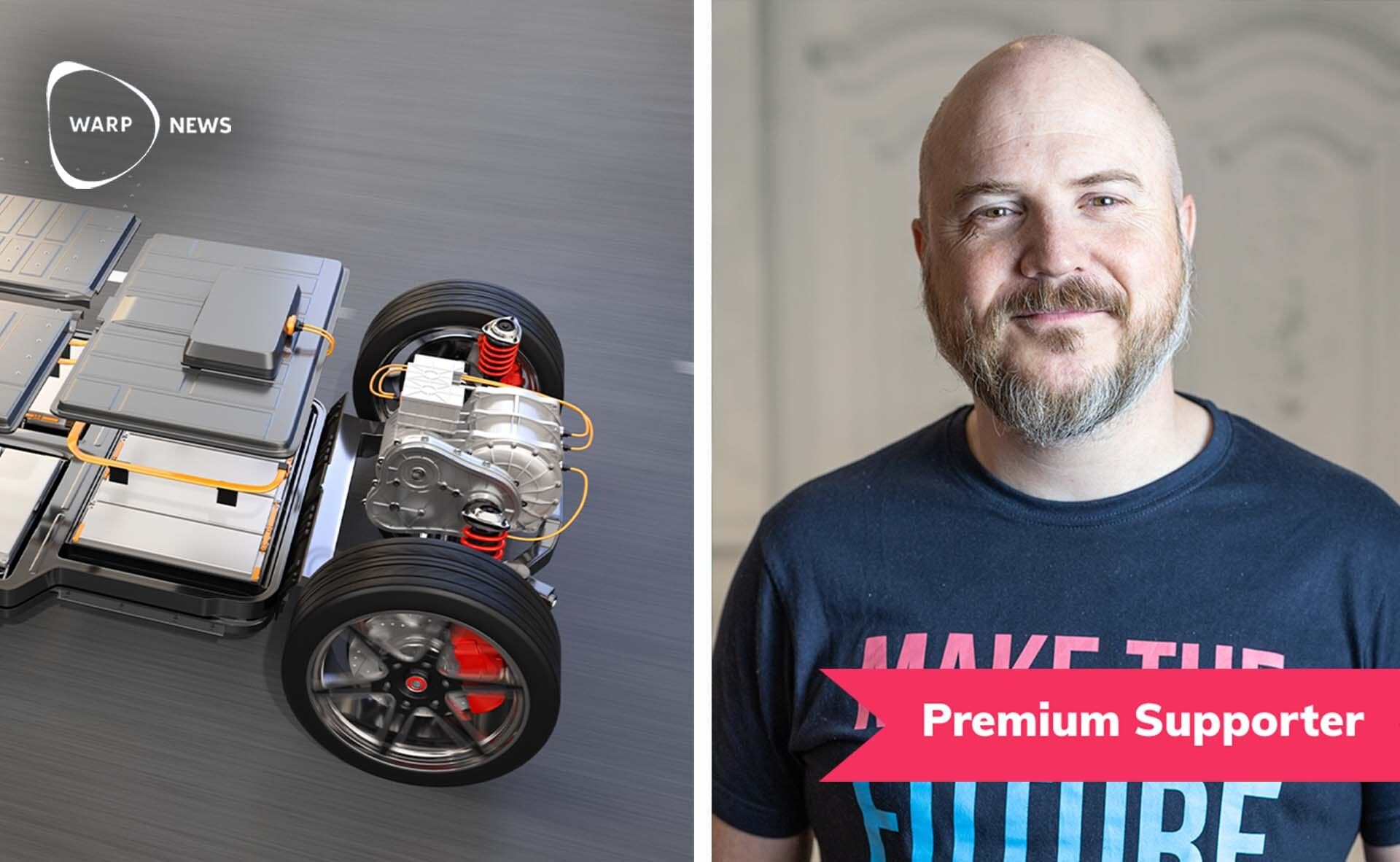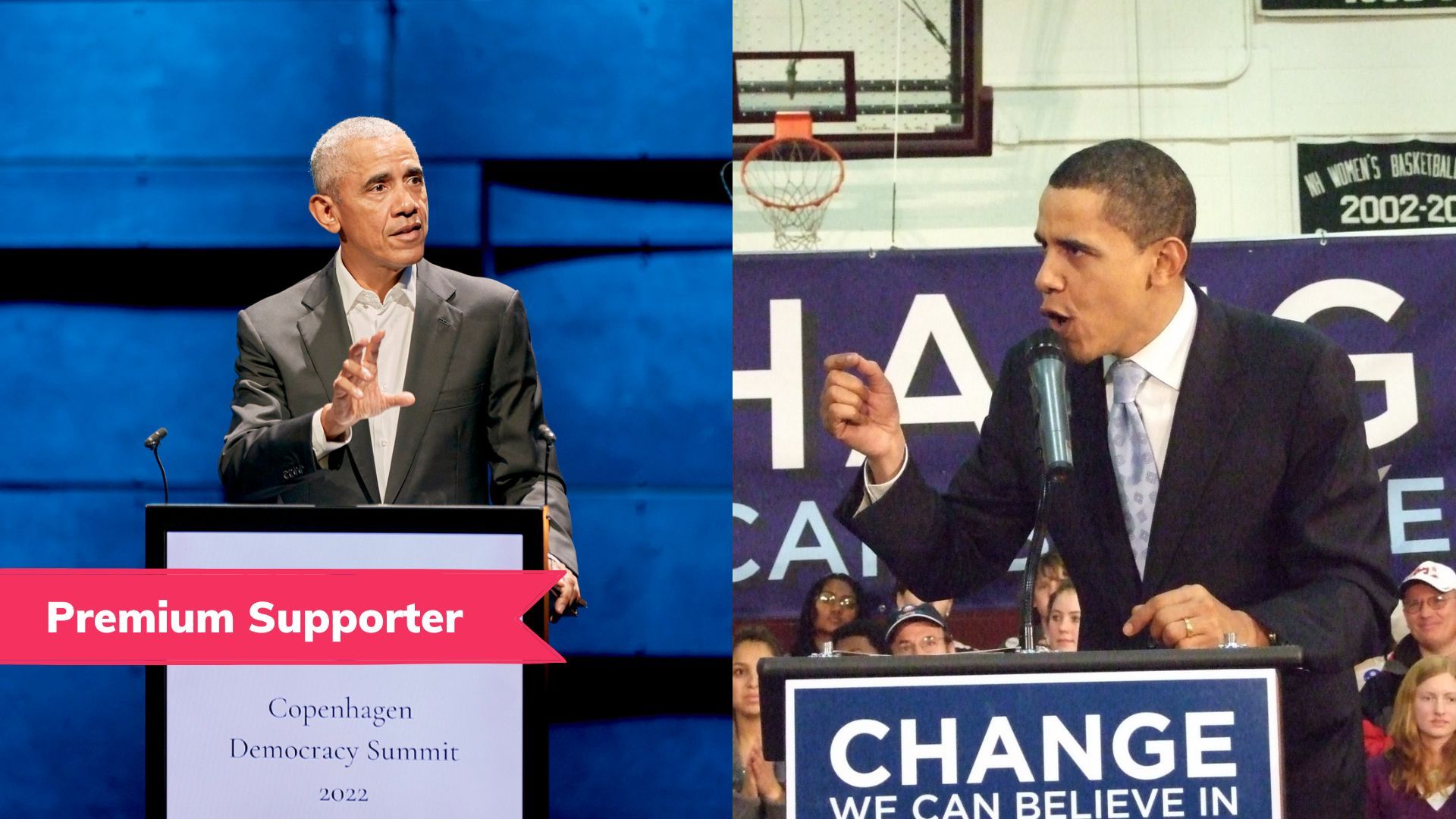
🌅 Obama should feel more hope
Citizens in free countries are richer, happier and healthier than citizens in unfree countries. Barack Obama should use his world-class rhetorical skills to boost confidence in democracy and create hope for its future. Because, as he used to say: There is nothing false about hope.
Share this story!
It was a sunny, but cold New Hampshire day. After more than one hour of standing still outside, it felt really cold. I was waiting to see Senator Barack Obama at Concord High School. It was January 4, 2008.
But the cold feet were soon forgotten when Obama started to speak.
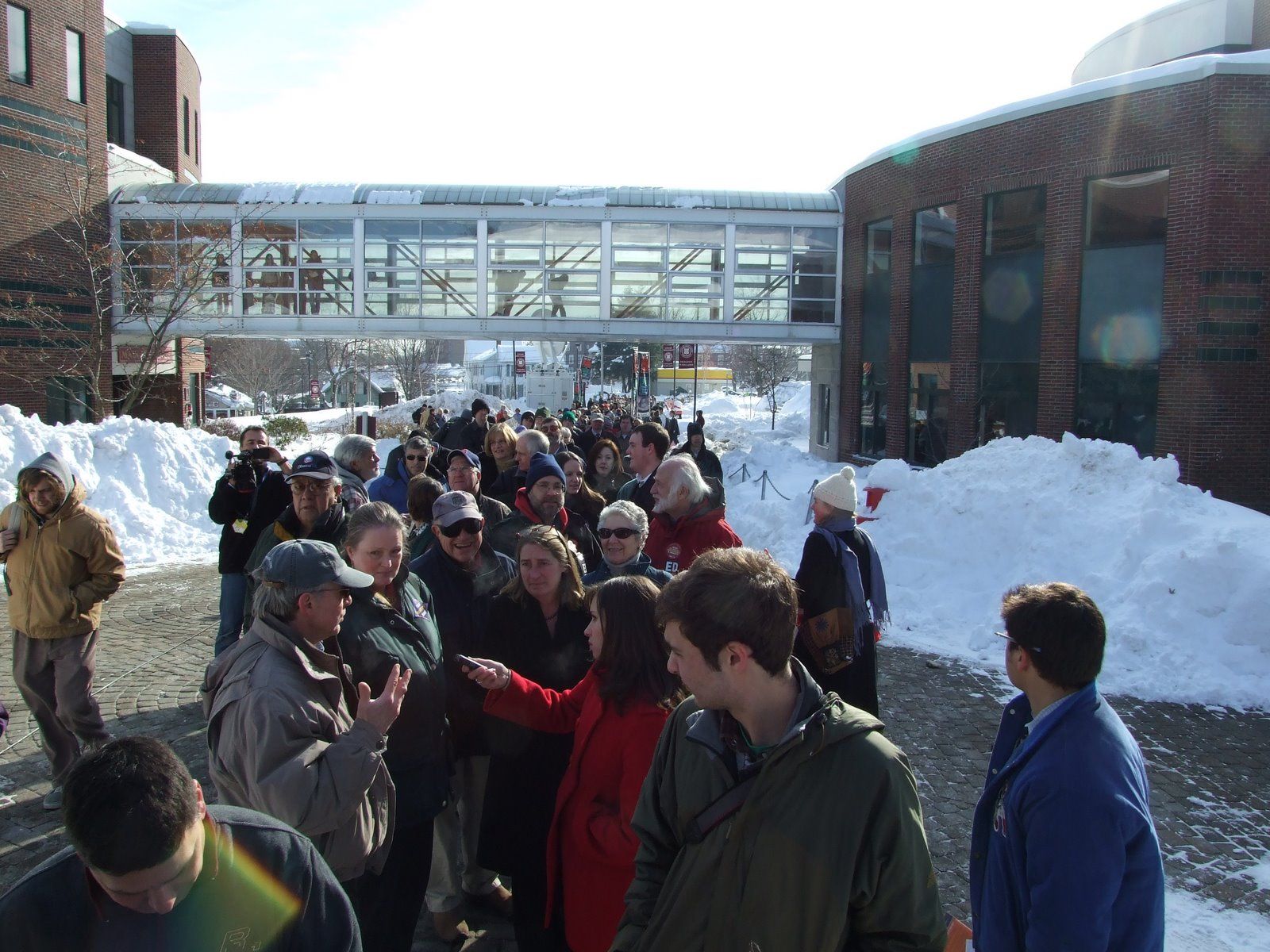
At the time I didn’t favor any particular candidate. Obama was new and exciting, Hillary Clinton seemed very competent, I liked John McCain’s maverick style, Mike Huckabee was warm and funny and back then Rudy Giuliani hadn’t gone off the rails and was a center-oriented normal Republican.
Barack Obama’s speech that day in New Hampshire is still, by far, the best speech I’ve ever seen live. What really got me was the hope. He called himself “a hope-monger” and how they wanted to keep him longer in Washington to “boil the hope out of him.”
My favorite line was when he talked about false hope:
“We've been warned against offering the people of this nation false hope. But … there has never been anything false about hope.”
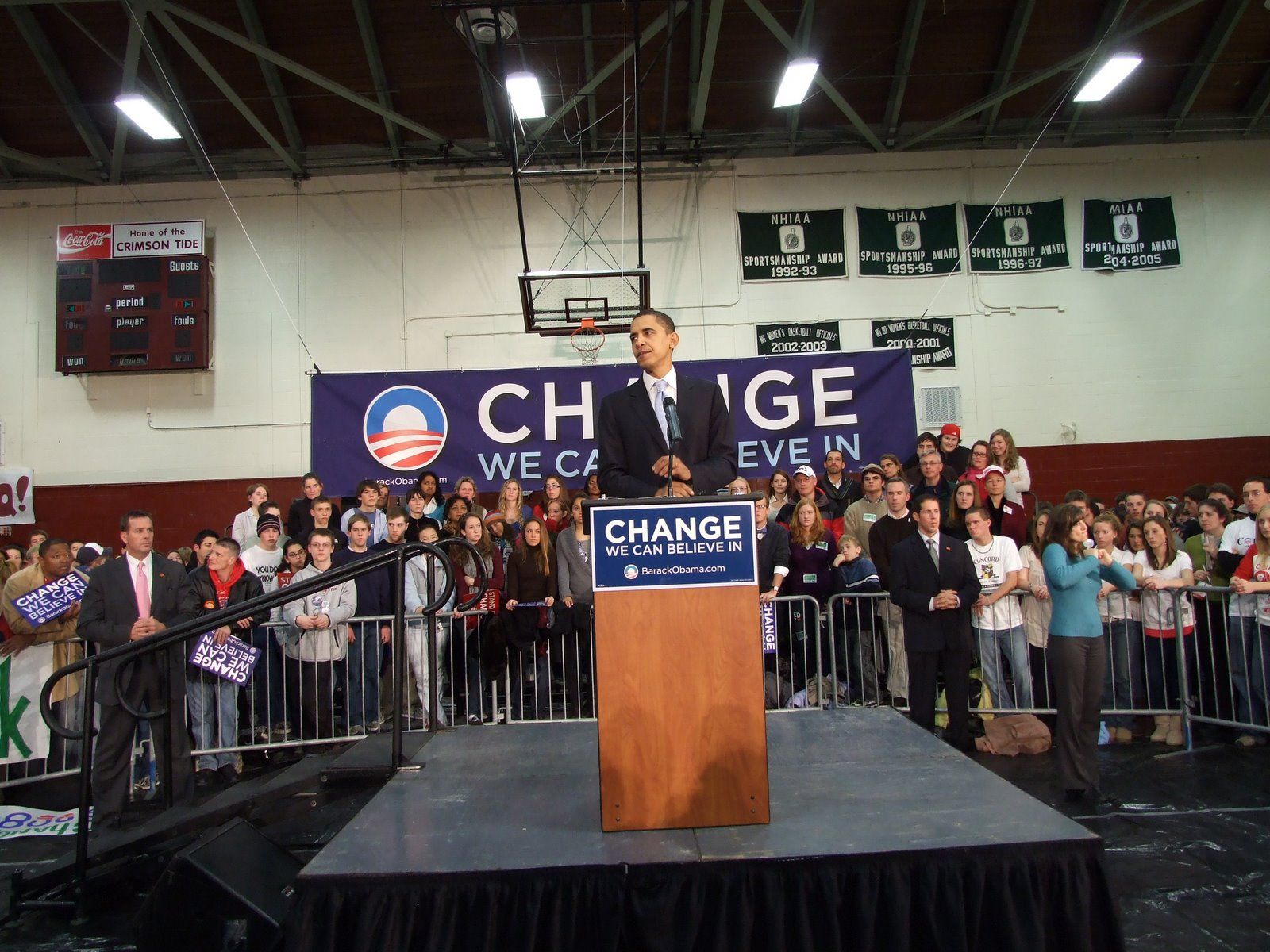
Despite winning in Iowa and drawing huge crowds in New Hampshire, Barack Obama came in second, behind Hillary Clinton in the primary. But if you listen to his concession speech you couldn’t have guessed it. It is one of the most optimistic and best-delivered speeches in history. The famous Yes We Can speech.
Yes, can we?
14 years, 5 months and 3 days later a very different Barack Obama stood on stage at the Copenhagen Democracy Summit. His hair had turned gray, and the man himself had turned 60 years old. The young candidate was gone, replaced with an elder statesman.
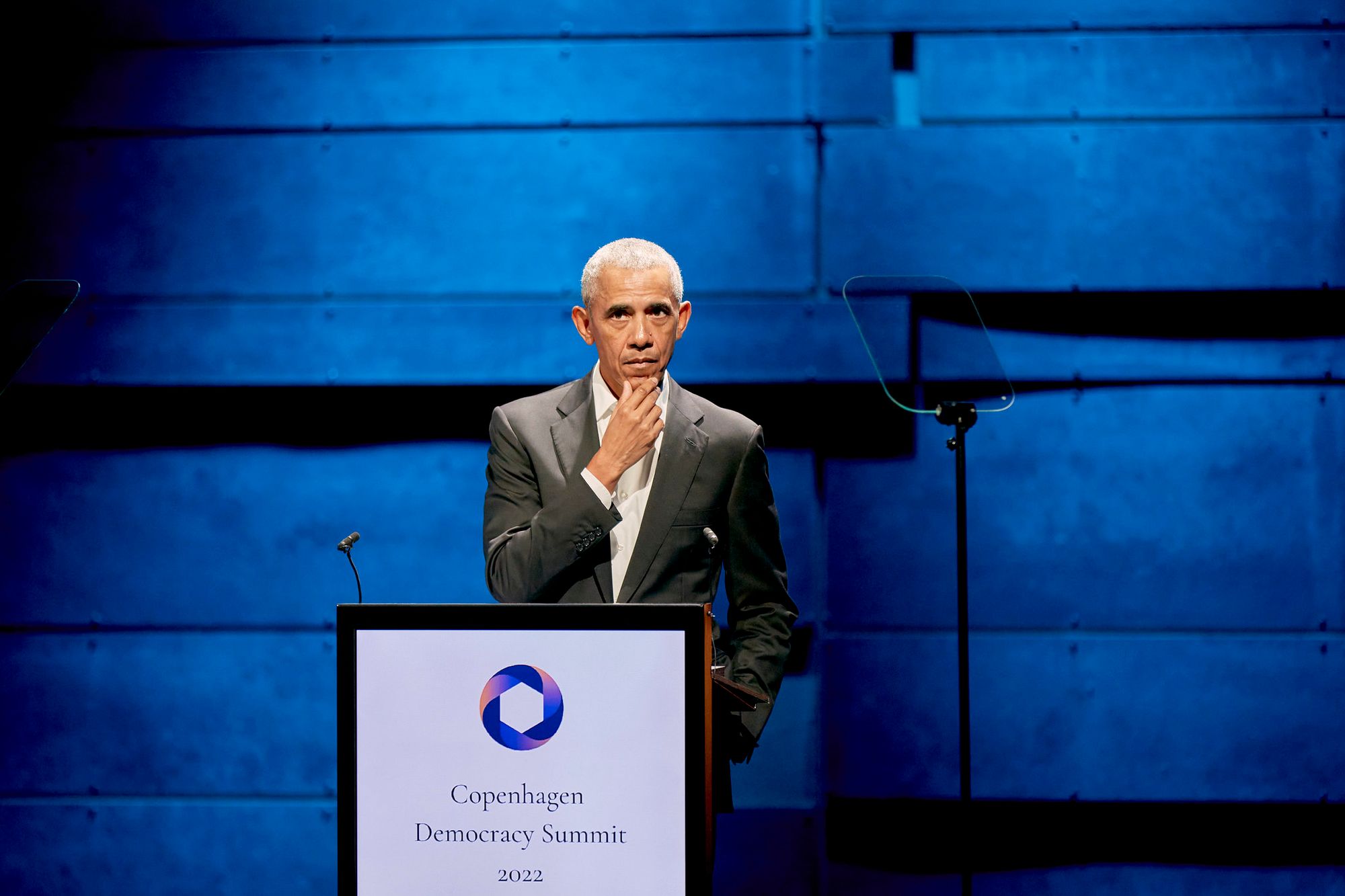
This time he delivered a speech about democracy. The speech, and the delivery, were thoughtful, with long pauses between sentences. Gone was the lofty rhetoric – gone was much of the hope.
He talked about the ideals of democracy, and how the world after the Second World War built international institutions and also developed and made our own democracies better.
“That was a long time ago,” Obama said. “Today, abstract appeals about democracy won’t persuade the jobless youth on the outskirts of Paris, may not persuade families in Northern England struggling to pay the bills, or the displaced workers in the former factory towns of the American Midwest.”
He said we will “have to rebuild our democracies and our institutions, so they work better for more people for this new age.”
Then he laid out four broad areas to focus on. You can read the text and see the speech here.
Thinking of a different speech
I sat there in the audience and thought of a different speech. One that he could have delivered, one that I think could have had a much bigger impact.
No matter if you agree with Barack Obama’s political views, he is one of the greatest orators in history. And his best speeches have been about hope and optimism.
What if he, in Copenhagen, had delivered a hopeful, fact-based and optimistic speech on democracy.
Earlier at the Summit, a report was presented that showed how much better democracies are for their citizens.
There is a strong connection between freedom and prosperity. The more freedom, the higher chance of prosperity, and vice versa.
Citizens in free countries are six times richer than citizens in unfree countries. They live longer, happier and healthier lives. Their human rights are better protected. The environment is cleaner.
Those very positive facts about democracy combined with the rhetorical skills of Barack Obama would be a very powerful mix.
Add to that the hundreds of young leaders that he is mentoring through the Obama Foundation, a very hopeful initiative.
That is a recipe for positive change around the world.
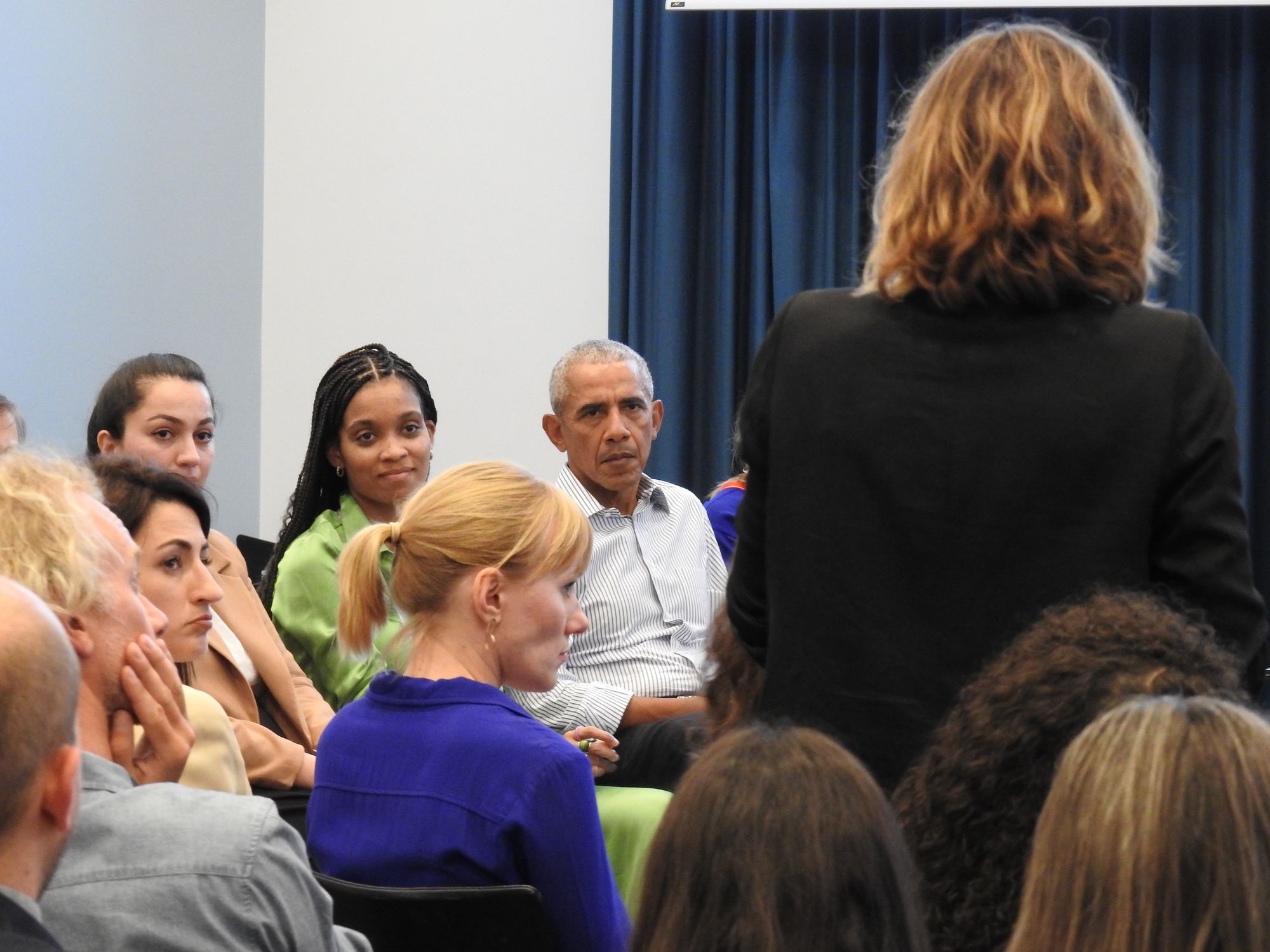
Yes, we can
That doesn’t mean that democracy and democratic countries are without problems and in need of renovation. I think we can fix those problems and evolve democracy into something even better.
But to do that we need to recognize how well the democracies actually are performing, and how we can use that foundation to make them better.
Yes, we can.
What better way to do that than to feel inspired, to feel hope.
Because there has never been anything false about hope.
By becoming a premium supporter, you help in the creation and sharing of fact-based optimistic news all over the world.


